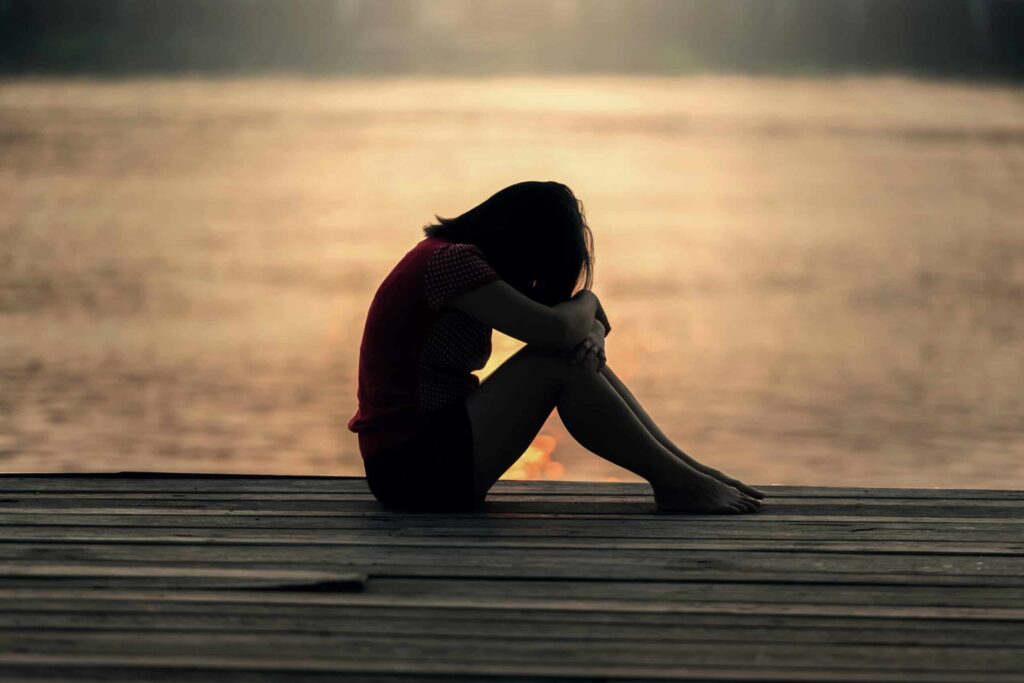It's okay to not be okay. I don't know why in this modern society, we feel the urge to prove to others that we are okay all the time. That we have it all together and nothing is ever wrong. We pretend that our families are perfect; that our work is great, exciting, and fulfilling; that our friendships are out of this world, and that our health is splendid.
Things don’t always go as planned or hoped for. And at times the once splendid thing can turn into a nightmare.

If you were to genuinely ask someone today 'How are you?'. They'll most likely respond 'I'm great' or 'I'm blessed'. In fact, as a practical example, check the WhatsApp statuses of your connections, you'll find at least one of them has a post written 'I'm blessed'. Don't get me wrong, I'm not against optimism or even against positive vibes or positive visualization, these are highly encouraged and we should all practice being grateful in every situation and wherever we are. What I'm highlighting today is that what you see is most often NOT what is going on on the inside.
If you were to pause and genuinely ask the same person 'How are you, really?’ And listened genuinely and interruptedly for a few minutes, you'll appreciate how many deep issues people are either struggling with or are working on. This includes acknowledging it to yourself. It’s more common for people to be too busy that they don’t realize that they’re not well.
The World Health Organization (WHO) defines wellness as a state of complete physical, mental, and social well-being, and not merely the absence of disease or infirmity. This definition underscores the importance of addressing all aspects of our well-being, not just physical health. To confirm if you are well means checking in with yourself regularly, acknowledging your emotions, and seeking support when needed. It also means being honest with ourselves and others about how we're feeling, even if it's uncomfortable.
Being authentic to ourselves requires vulnerability and courage. It means accepting that we can be imperfect and embracing our flaws and struggles as part of what makes us human. When we can authentically acknowledge our struggles, we create space for others to do the same, fostering deeper connections and understanding. From this acknowledgment, we can reach out to others for help when it is needed.
We need to now and then, get into deeper conversations with our close relations. In the recent past, we’ve seen people committing suicide, yet a few days prior, they might have taken photos or videos with their friends having fun and seemingly having it all together, and we all get surprised together with their supposed close relations when they take drastic action.
We need to get practice genuine conversations, some of which might make us feel a little vulnerable, but in a safe space, are quite liberating. We need to disconnect from gadgets – keep that phone out of sight, to connect. In retrospect, when was the last time you put away that phone and gave your full attention to someone who needed it? Let’s try and normalize conversations that are not hurried or distracted. Let’s learn to listen without interrupting, let’s learn to be the friend you’d like to have, to be the spouse you’d like to have or to be the parent you used to think you’d be.
It’s okay to not be okay. Vulnerability shared in a safe space will create even stronger bonds and better well-being. So as we get into Valentine’s Day, remember, that nobody has it all and it’s quite okay.

